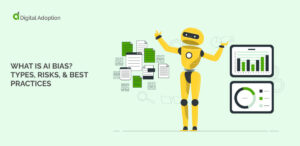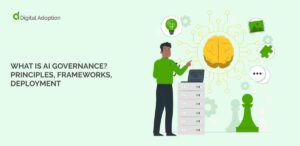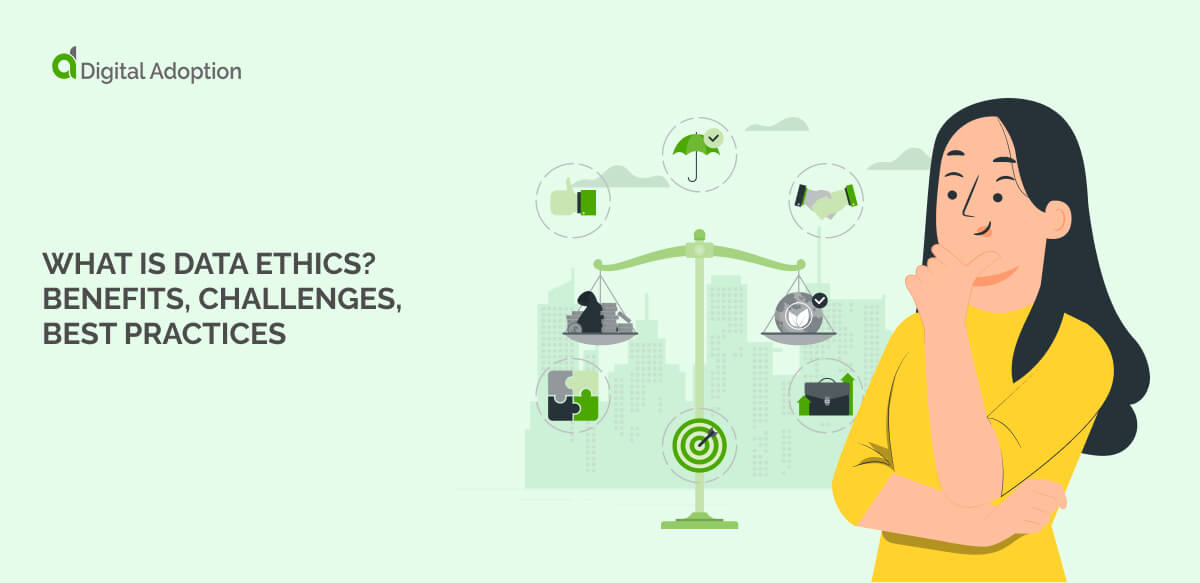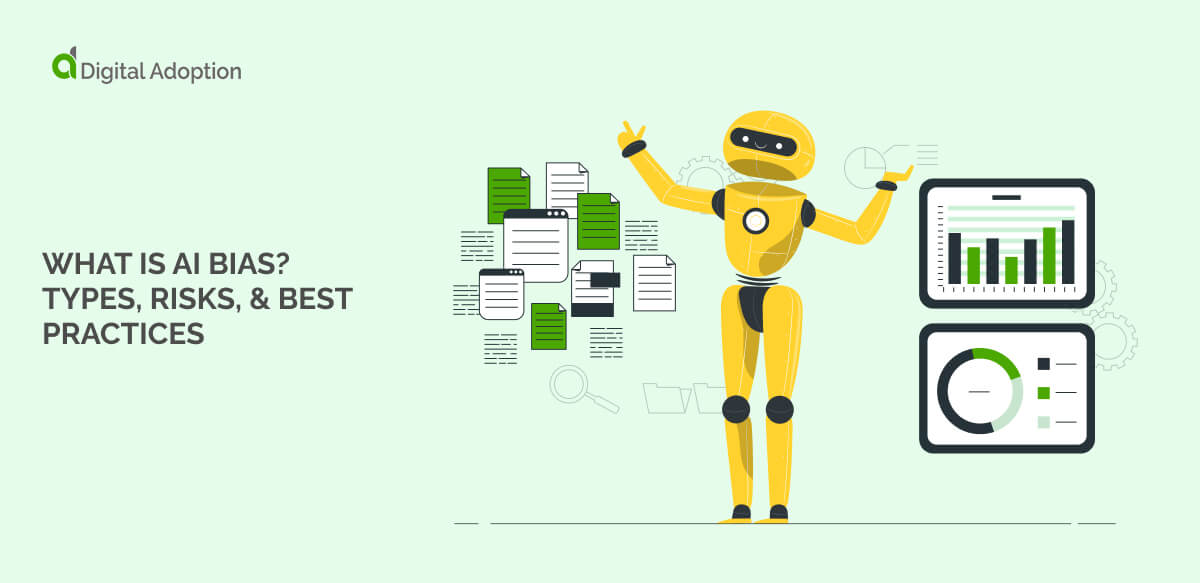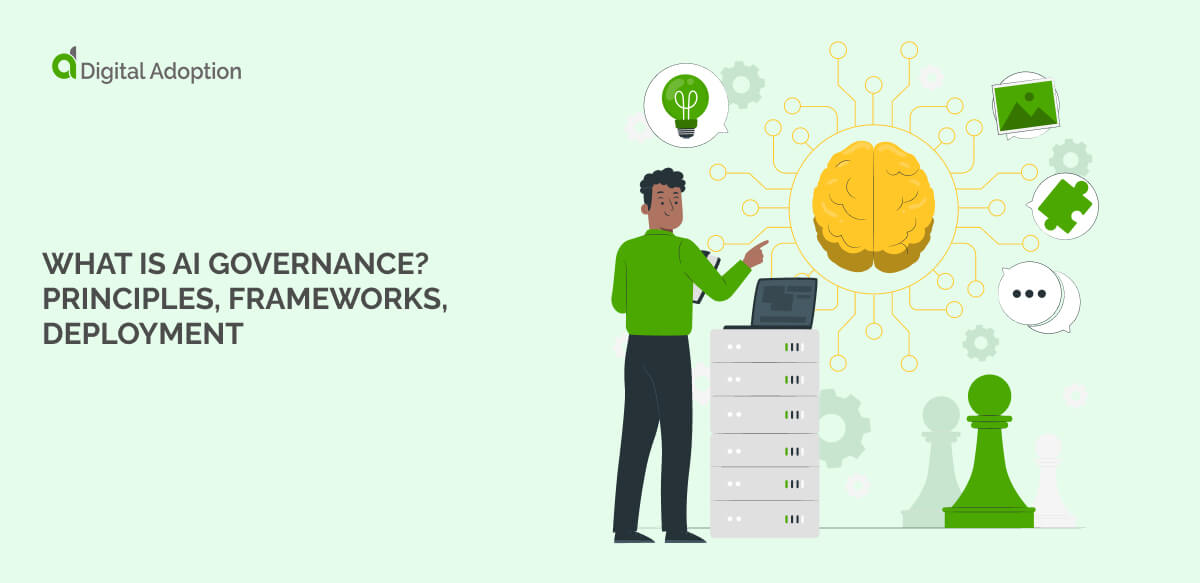What is natural language processing (NLP)?
In his post, will answer that question, learn why it matters, Look at technology trends, and more.
What is Natural Language Processing (NLP)?
Natural language processing, or NLP, is a set of AI techniques designed to process human language.
These techniques enable applications to recognize, process, analyze, and even generate natural human language.
This field of computer science combines advanced machine learning, artificial intelligence, data science, mathematics, and more. And although the field itself is quite technical, its technologies are already impacting us all.
NLP is being used in applications such as:
- Chatbots. A chatbot is a text user interface. It is a software application that interacts with users via text and behaves as though it were a real person.
- Digital assistants. Digital assistants, such as Siri, use voice user interfaces to accept commands and perform tasks. These types of bots are also becoming more used in other areas, such as the workplace, where digital assistants can be the frontend of automation tools.
- Voice search. Voice search means conducting web searches through a voice user interface. Google, Bing, Amazon, and others are popularizing the use of voice since it is more convenient and user-friendly.
Although these technologies are still nascent today, they will soon drive innovative strategies and software programs that will change the way we interact with computers.
Some of these innovations have already entered the marketplace, such as those mentioned above. In the future, however, even more advanced technologies will be released, which will significantly impact both the future of work and our daily lives.
How Does Natural Language Processing Work?
NLP is a complex computer science discipline, as mentioned above. It is therefore difficult to provide a technical introduction to this topic. We can, however, look at some of the basic capabilities of NLP applications.
These include:
- Speech recognition. Speech recognition is AI’s ability to understand and process spoken language.
- Part of speech tagging. Tagging parts of speech means analyzing and labeling a term according to its grammatical function. This is an essential step in determining the meaning of a language.
- Topic modeling. Topic modeling means identifying the ideas and specific topics that are the focus of a passage.
- Semantic analysis. Semantic analysis means identifying and understanding the meaning of a text.
- Sentiment analysis. Sentiment analysis means assessing the emotional content of a text and scoring that on a positive or negative scale.
- Language generation. Language generation means creating new language that is syntactically and semantically coherent.
The components above offer an overview of NLP capabilities. When combined, it is possible to create very innovative programs and applications that add significant value to an organization’s bottom line.
Use Cases and Examples of Natural Language Processing
Let’s look at a few ways NLP is being used today:
- Chatbots. Chatbots, mentioned above, are used in business units including customer service, technical support, employee training, and more.
- Machine translation. Machine translation uses AI to translate from one language to another. Although the quality of machine translation may not yet be up to par with human translation, this technology is advancing rapidly. In the years to come, we can expect machine-translated text to be on par with human-translated text.
- Text summarization. NLP-powered applications can read text, determine its content, and provide a concise summary of the text’s ideas. This is already being used in fields such as law and healthcare, which often involves researching large amounts of text.
- Copywriting. Although automated language text generation is not yet advanced, as mentioned above, it is evolving rapidly. Language models such as OpenAI’s GPT-3, for instance, are capable of creating natural-sounding language indistinguishable from human language. That being said, AI still cannot actually understand what it is writing, so it is unlikely that NLP-powered programs will completely replace human writers – at least, not in the near future.
- Brand monitoring. Sentiment analysis, mentioned earlier, refers to scoring the emotional content of text on a scale from negative to positive. This information can be helpful for brands that are interested in how their actions and their company is perceived. If a company releases a new product, for example, sentiment analysis and brand monitoring tools can score those reactions, which information can inform future decisions and activities.
Although these advances may not seem quite so significant right now, they do have the potential to automate a significant number of business activities.
NLP is a technological development, in short, that will have a dramatic impact on certain business operations and even entire industries.
The Future of Natural Language Processing
We are only witnessing the early stages of NLP.
As it evolves, we can expect to see more advanced language processing capabilities and the normalization of tools such as those covered above.
For instance, voice user interfaces will become far more common and perhaps they will become the normal way we interact with machines. Robots, self-driving cars, and other advanced technologies become common, and we can soon expect to interact with these machines through voice user interfaces. Likewise, as chatbots and AI become more advanced, we can expect to see them become far more widespread. Automation and innovative NLP-driven technologies will drive significant improvements in many areas of our lives.





